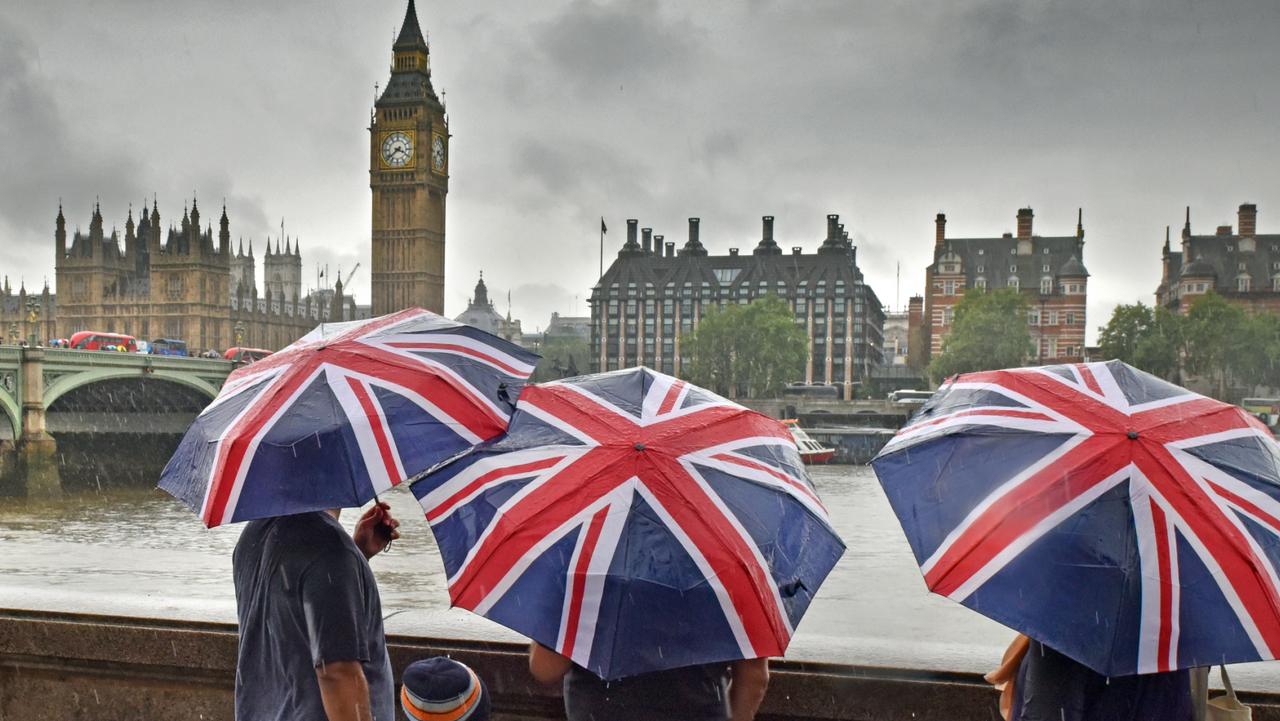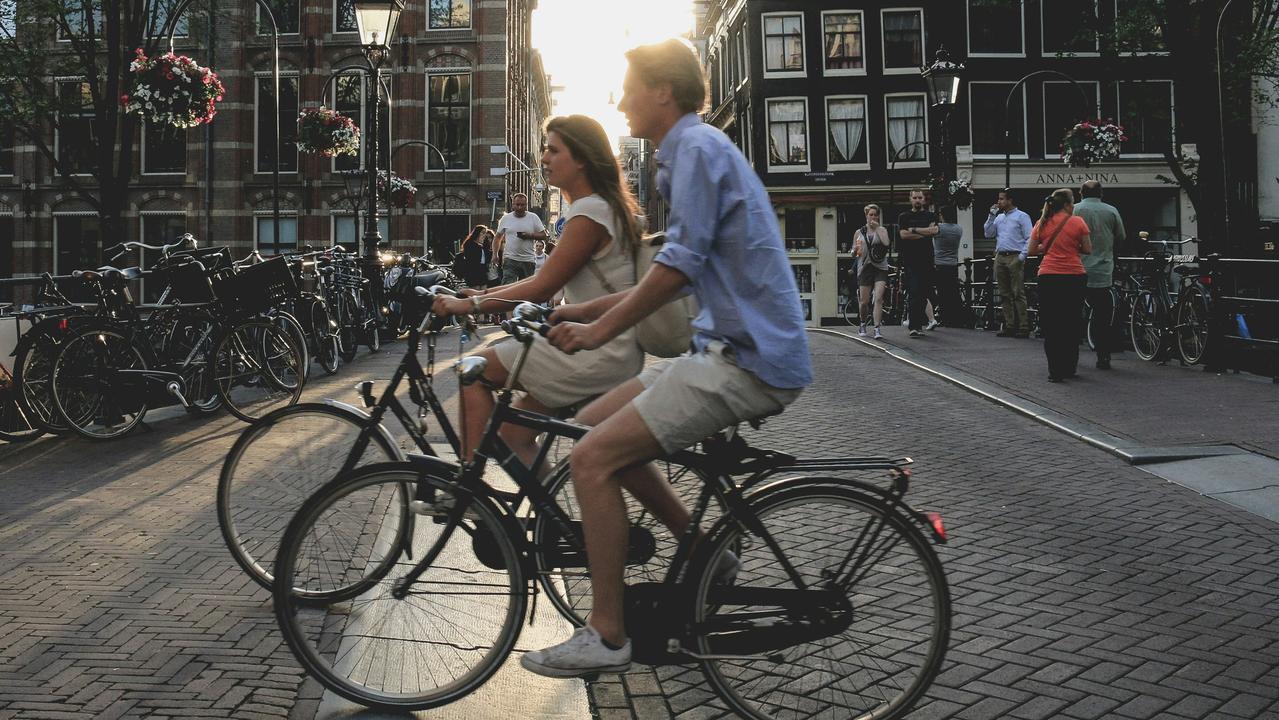Why Australians travelling to Europe will pay extra
Aussies hoping to get overseas next month should be budgeting with hundreds extra, with Covid measures ramping up the cost of their trip.
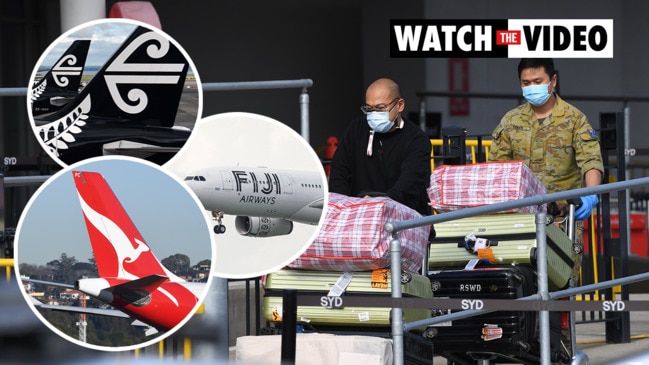
Australians hoping to get to Europe in a few weeks better arrive with a bit of extra cash in their budget, with a couple of hidden costs slapping travellers when they arrive.
Qantas will restart its regular flights to London on November 18, with the first few trips selling out in a matter of hours.
The national carrier will also restart flying between Sydney and Los Angeles on the same date, however the Covid rules in the US are much more relaxed than that of Europe.
Despite that, all airlines flying out of Australia require proof of a negative Covid-19 polymerase chain reaction (PCR) test result provided by a laboratory.
The results of this test must be obtained within 72 hours of the flight.
Another thing to note is that Covid tests for travellers are not covered by Medicare.
Private pathology labs offer Covid tests for around $140 to $200.
For travellers needing a result on the same day, that price can jump up to $300.
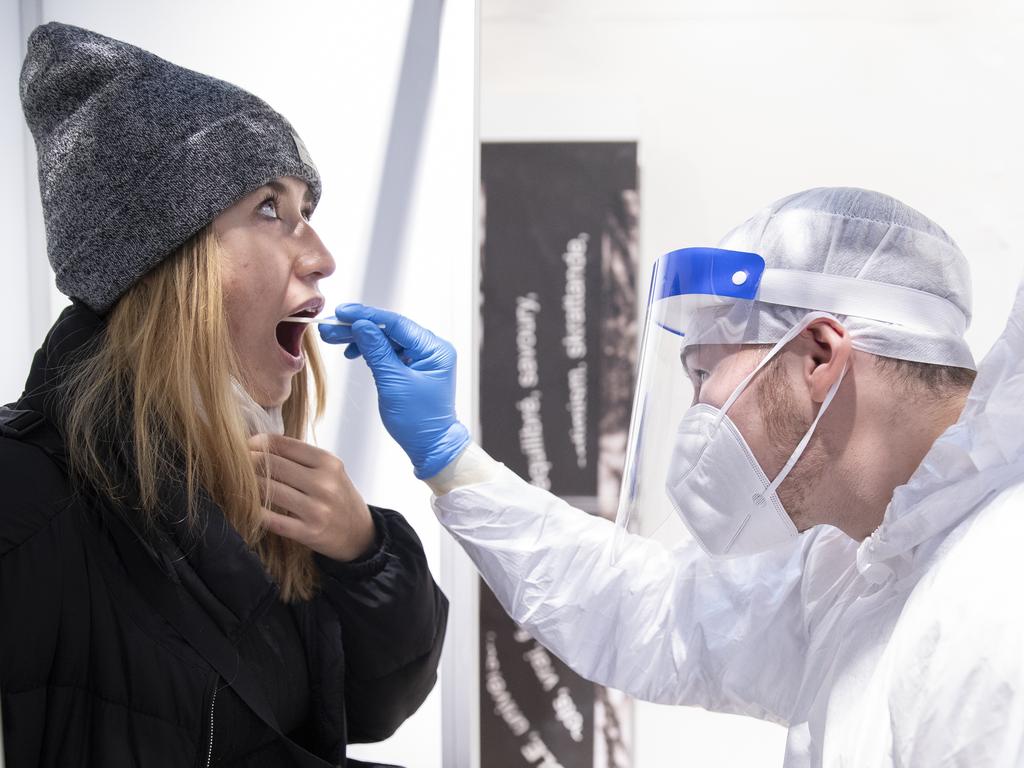
After travellers fork out the money to get on their flight, Aussies will need to get another test on their arrival to Europe.
In the UK, Australians will need to have booked and paid for a Covid test to be taken on the second day after touching down.
This test costs £68, or $A127.
Aussies will have to pay the $127 twice – once for their day two test and again right before their departure, so airlines know the passenger is negative to Covid.
Putting aside the very necessary insurance that all travellers will be recommended to have now, due to the rapidly changing coronavirus situation, Aussies can expect to fork out hundreds of dollars – at worst $554 – to get overseas.

In the US, vaccinated travellers do not need to quarantine upon their arrival, however, it is recommended they get a Covid test within a few days of entering the country.
Prime Minister Scott Morrison announced an end to the long-hated international travel ban on October 1.
The travel ban, which was introduced in March 2020 in response to the global pandemic, was due to end on December 17, 2021.
However, a massive spike in vaccination rates among Australians saw the ban being dropped earlier.
Australia is expected to hit 80 per cent double dose vaccination early next month.
Mr Morrison yesterday announced a plan to speed up the opening of Australia’s international borders even further, with the PM hoping fully vaccinated travellers could be landing in NSW as early as November 1.
The proposal outlined by the Prime Minister follows discussions with the new NSW Premier Dominic Perrottet about fast-tracking the rollout of home quarantine.
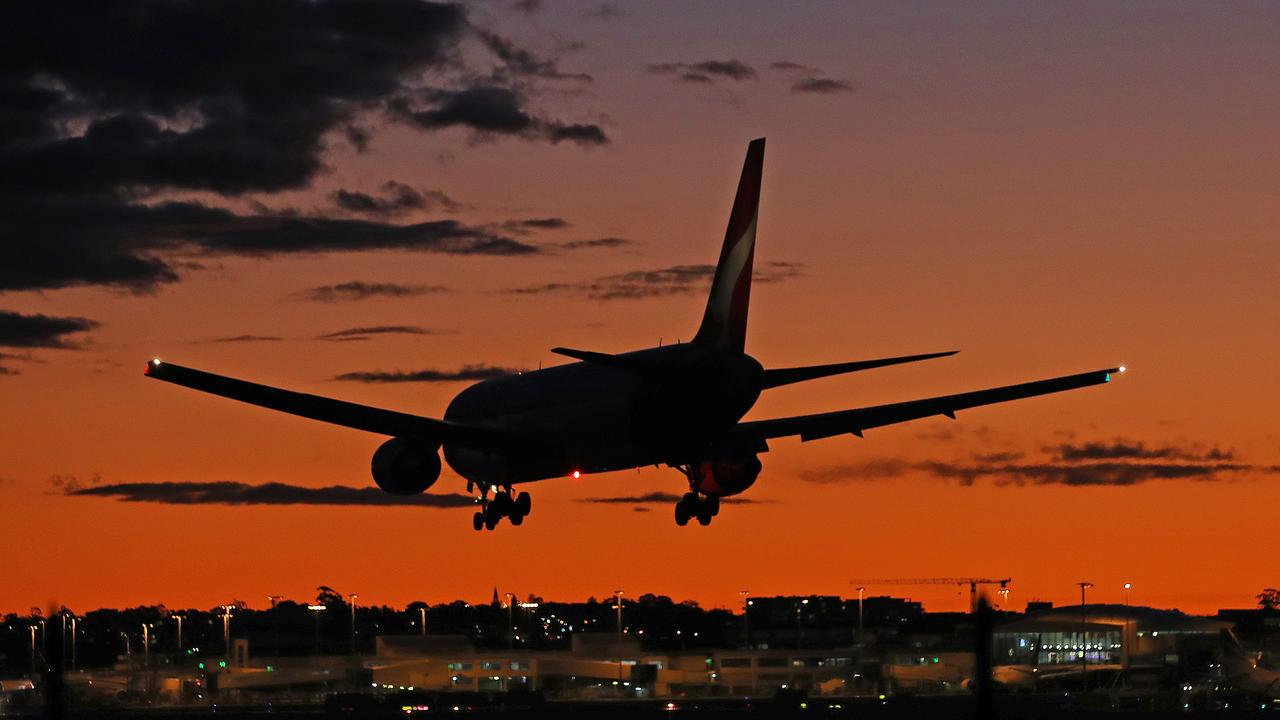
News.com.au understands the date being looked at for the reopening of international borders under a home quarantine model is November 1.
“The NSW Premier and I have been discussing how we can accelerate our plan to open international travel when home quarantine is made available,’’ Mr Morrison said on Sunday.
“I know the NSW Government is looking at ways to fast track home quarantine in November and if that happens we will be able to move to facilitate the opening up of the international border into NSW sooner.
“Now, that would mean home quarantine for vaccinated Australians wishing to return home via Sydney and giving the option for international travel for vaccinated Australians to leave and return.”




